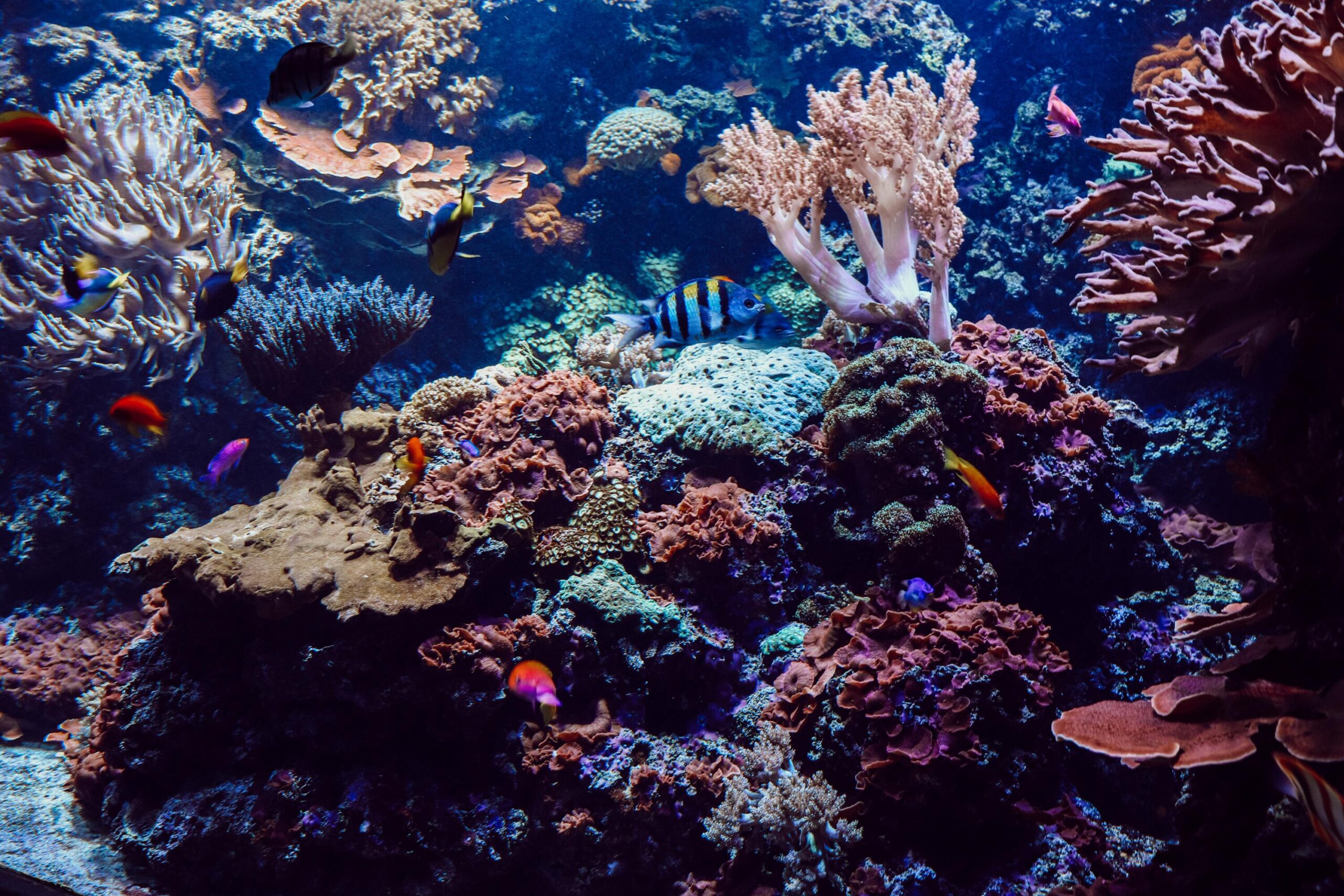Image credit: Rx’ Diaconu via Unsplash.
The United Nations Convention on Biological Diversity, also known as the CBD COP, is a conference dedicated to developing a Post-2020 Global Biodiversity Framework. This doctrine outlines what nations must strive for in order to live in harmony with nature by 2050. The Global Biodiversity Framework will hopefully serve as the basis for all countries to make policy decisions that will restrain and reverse the global biodiversity crisis.
Biodiversity plays a crucial role in human health and well-being, economic growth, and food security, among other critical areas. Biodiversity impacts every corner of our lives, which is why safeguarding biodiversity is of the utmost importance to ensure humans and the earth can live a thriving and healthy life well past 2050.
The CBD released a draft of the new global biodiversity framework made up of 21 targets and ten milestones suggested for 2030. Some of the key targets are to:
- Ensure that 30% of land and sea areas globally are protected and conserved;
- Reduce, control, or eradicate the rate of invasive species by 50%;
- Reduce pesticides by 66%, nutrient-loss by 50%, and effectively eliminate the discharge of plastic waste;
- Employ ecosystem-based methods to alleviate and adapt to climate change while ensuring these efforts do not negatively impact biodiversity;
- Reform or eliminate incentives that have a negative impact on biodiversity by at least $500 billion per year;
- Increase financial resources by $200+ billion per year.
This framework acknowledges that in order to succeed, there must be a partnership with non-government organizations (NGOs), Indigenous peoples and local communities (IPLCs), women’s groups, youth, and the business and finance community. The CBD launched the Local Biodiversity Outlooks 2 (LBO-2) in September 2020. The LBO-2 analyzes and highlights the essential contributions of over 50 IPLCs that led to the successful implementation of global agreements. These contributions enhanced and preserved biological and cultural diversity while shining a light on Indigenous and local perspectives on what needs to be done to achieve the goal of living in harmony with nature.
OneNature believes that the knowledge and wisdom Indigenous peoples and local communities possess are immeasurable and invaluable. We think that we must fully comprehend the true value of wildlife through the lens of IPLCs, whether by aiding local communities in protecting wildlife or by developing frameworks, like the global biodiversity framework, that integrates the well-being of all beings.
